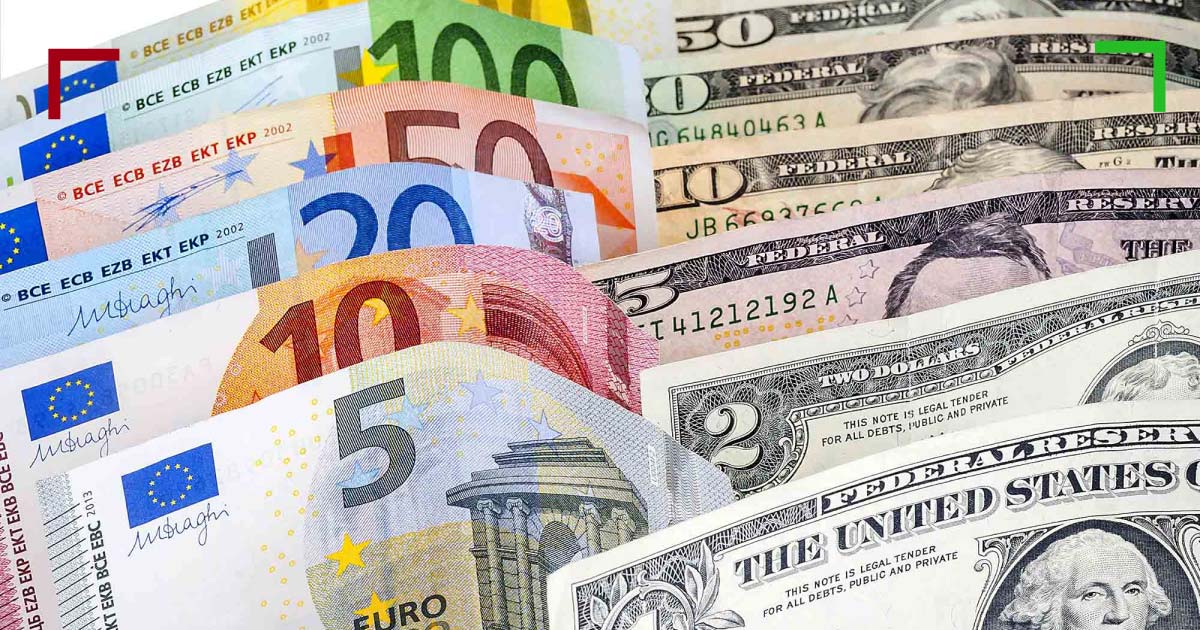*OspreyFX would like to state that traders should research extensively before following any information given hereby. Please read our Risk Disclosure for more information.
Context is Queen: Outside Factors Affecting Currency Valuation
Trader’s Takeaways
- What are exchange rates?
- How is a currency’s value determined?
- Can you predict the forex market?
If you want to become a forex trader but you are unsure where to start, then this is the article for you.
We will start from the basics, we’ll explain everything about exchange rates and how they work. More importantly for your trading strategies, we will see the factors that lead exchange rates to rise and fall and the international events that you need to look at when you embark on your forex trading journey.
Subscribe to our newsletter to receive our weekly updates + more straight to your inbox!
What Are Exchange Rates?
If you have ever exchanged currencies before traveling or withdrew cash from an ATM abroad, then you would have surely noticed the exchange rate on your statement. In simple terms, the exchange rate is the value of one nation’s currency when compared to another currency or economic zone.
For example, at the time of writing, €1 is equivalent to $1.13. That is, you need $1.13 to buy €1.
Traders should note that currency exchange rates can be floating. When this happens, rates change continually based on a multitude of factors (which we will look at further down).
Exchange rates can also be fixed (or pegged if you want to use the industry term). This means they still rise and fall but the rise and fall are synched with the other currency that they are pegged to.
How Is a Currency’s Value Determined?
Let’s take a step back. Before currencies can be exchanged, their value needs to be determined. This question is a vital one as we are asking what determines the value of money.
Several variables may determine the value of a currency, however, there are some internationally applicable universal benchmarks:
High-Interest Rates
High-interest rates contribute to a strong currency in any economy. Why? Foreign investors benefit from a higher return on investment when doing business in the country.
Economic Policies
Economic policies may contribute to a strong economy, thus making the value of a currency soar.
Stability
Stability is a vital factor when determining currency value. If an economy is stable, foreign investors are more likely to do business with the country, thus consolidating the strength of the currency even further.

What Leads the Forex Market to Rise and Fall?
When looking at the forex market and what drives its volatility, the basic economic principle of demand and supply applies here too.
Exchange rates are determined by how much a currency is worth and the demand that there is for a currency versus the supply of another currency. It is important to always keep in mind the below when trading currencies. You need to look at some of the country’s key indicators:
- Economic growth
- Political stability
- Monetary policy
- Imports and exports
- Interest rates
Recognizing and predicting trends is an essential skill that you need to acquire if you want to become a successful forex trader. Luckily for us, there is a standard economic calendar that economists use to make daily predictions.
It is also imperative that traders keep a watchful eye on international news that impacts the social, political, and economic situation of a country. Looking closely at interest rates, employment rates, the budget, trade balances, treasury budget, and of course the country’s GDP will give you a clear picture of the currency and how it might be affected by specific news.